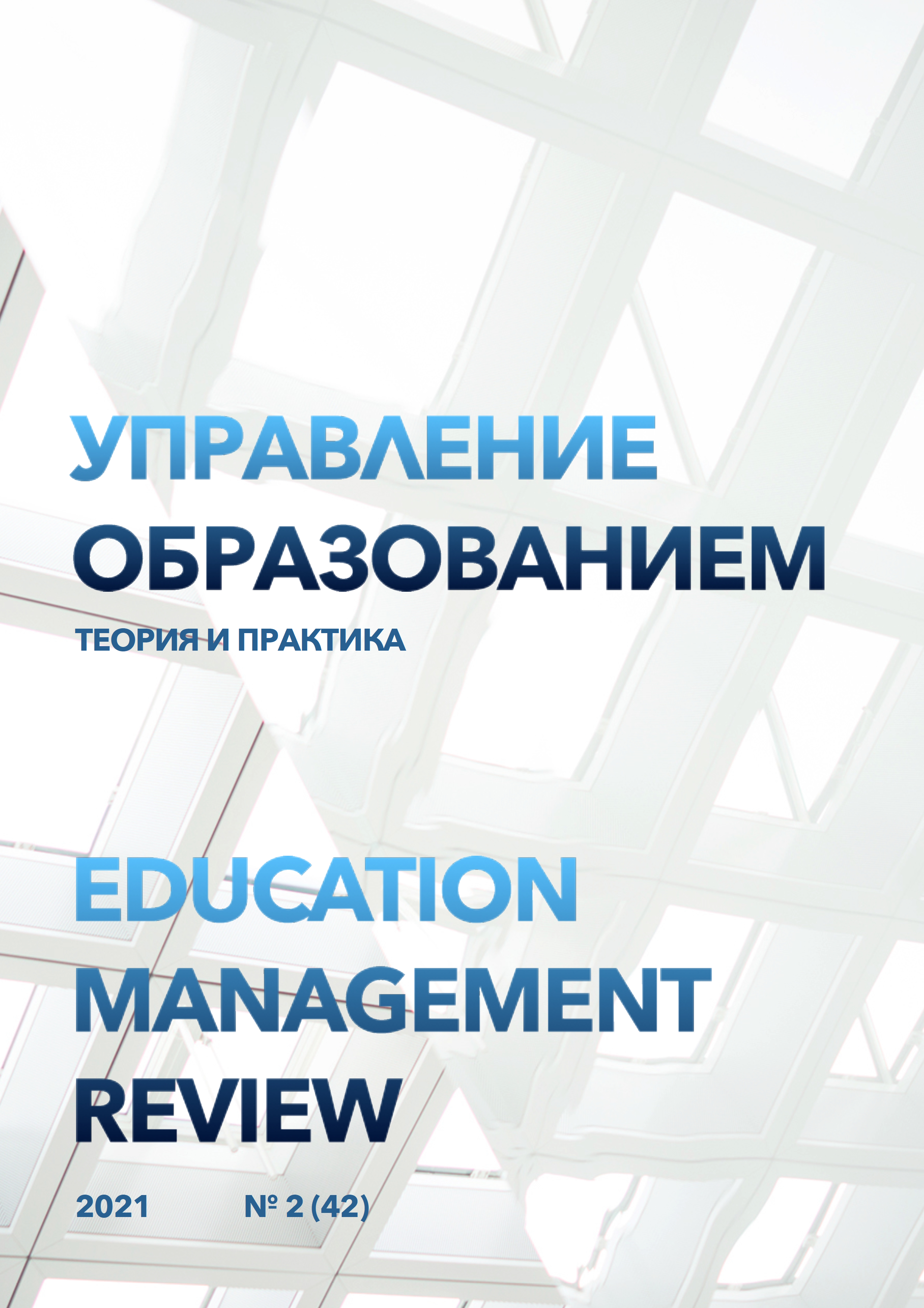Formation of technical thinking among students of secondary vocational education in the teaching of general education disciplines
DOI:
https://doi.org/10.25726/w1626-3870-4295-cKeywords:
competencies; skills; technical thinking; teaching methods; teaching technologies; general education disciplines.Abstract
The purpose of the work is to study the aspects of the formation of technical thinking among students as a result of the educational process in the system of secondary vocational education (SPE). The main objectives of the research are: to analyze the factors that influence the development of technical thinking in secondary school students, to evaluate the methods and approaches that contribute to the formation of technical thinking in secondary school students when teaching general education disciplines, and to search for the most effective ones that meet the trends of global transformation of processes in the field of education in the Russian Federation. The research hypothesis is based on the assumption that the effective formation of technical thinking among students of secondary vocational education will be ensured if teachers use updated and effective methods of training students when teaching general education disciplines in their professional activities. To solve the tasks set, such methods as comparison, theoretical analysis, generalization of information from open sources, synthesis of research and generalization of psychological and pedagogical, scientific, methodological and educational literature were used; study of conference materials on the introduction of new pedagogical technologies in teaching; analysis of educational and methodological literature, analytical methods. Research results: the problem of the formation of technical thinking among students of secondary vocational education when teaching general education disciplines is currently relevant. The solution of this problem is one of the ways to develop creative and critical thinking, acts as a mechanism for developing students ' motivation to expand practical skills, a factor that ensures a deeper study of academic disciplines by students and the formation of the required professional skills – competencies of the XXI century.
References
Агеева М.Г. Развитие технического мышления студентов ССУЗОВ в процессе обучения физике: дис. ... канд. пед. наук: 13.00.02. Курск, 2006. 216 с.
Гайнеев Э.Р. Особенности технического мышления современного квалифицированного рабочего // Педагогическое образование в России. 2014. №3. С. 10-15.
Государственная программа Российской Федерации «Развитие образования»: утверждена постановлением Правительства Российской Федерации от 26 декабря 2017 г. №1642 // Министерство просвещения Российской Федерации. https://docs.edu.gov.ru/ document/3a928e13b4d292f8f71513a2c02086a3/download/1337/ (дата обращения: 01.04.2021).
Евсеева Е.Г., Забельский Б.В. Формирование образного мышления студентов технического университета при обучении математике // Дидактика математики: проблемы и исследования. 2017. №46. С. 38-47.
Зборовский Г.Е., Шуклина Е.А. Самообразование – парадигма XXI века // Высшее образование в России. 2003. №5. С.25-32.
Зеер Э.Ф. Личностно-развивающее профессиональное образование. Екатеринбург: ГОУ ВПО «Рос. гос. проф.-пед. ун-т», 2006. 170 с.
Измайлова М.А. Организация внеаудиторной самостоятельной работы студентов: методическое пособие. М.: Дашков и К°, 2008. 64 c.
Корвяков В.А. Самообразовательная деятельность студентов как педагогическая проблема // Вестник Оренбургского государственного университета. 2003. №7. С. 59-64.
Кудрявцев Т.В. Психология технического мышления: процесс и способы решения технических задач. М.: Педагогика, 1975. 304 с.
Ломакина, Т.Ю. Современный принцип развития непрерывного образования. М.: Наука, 2006. 221 с.
Найн А.Я. Формирование и развитие технического мышления учащихся. М.: Высшая школа, 1983. 72 с.
Новиков А.М. Постиндустриальное образование. М.: Эгвес, 2011. 136 с.
О направлении доработанных рекомендаций по организации получения среднего общего образования в пределах освоения образовательных программ среднего профессионального образования на базе основного общего образования с учетом требований федеральных государственных образовательных стандартов и получаемой профессии или специальности среднего профессионального образования: письмо Министерства образования и науки Российской Федерации от 17 марта 2015 г. №06-259 // Справочная правовая система «Консультант Плюс». http://www.consultant.ru/document/cons_doc_LAW_178285/ (дата обращения: 12.04.2021).
О национальных целях и стратегических задачах развития Российской Федерации на период до 2024 года: указ Президента РФ от 7 мая 2018 г. №204 // Информационно-правовой портал «Гарант». https://base.garant.ru/71937200/ (дата обращения: 01.04.2021).
Об утверждении списка 50 наиболее востребованных на рынке труда, новых и перспективных профессий, требующих среднего профессионального образования: приказ Минтруда России №744 от 26 октября 2020 // Минтруд России. https://mintrud.gov.ru/docs/mintrud/orders/1488 (дата обращения: 01.04.2021).
Организация самостоятельной работы студентов по педагогическим дисциплинам: учебно-методическое пособие для преподавателей высшей школы. Ч. 1. / Под ред. А.П. Тряпицыной. СПб., 2008. 43 с.
Петрова С.Д. Развитие технического мышления студентов колледжа: Актуальные подходы, диагностика и методики // Вестник Оренбургского государственного университета. 2016. №8 (196). С. 41-47.
Пидкасистый П.И. Самостоятельная деятельность учащихся. М.: Педагогика, 1972. 184 с.
Планида С.И. Технология формирования технического мышления у студентов ссуза при изучении физики // Вестник Адыгейского государственного университета. Серия 3: Педагогика и психология. 2009. №4. С. 183-187.
Рекун М.Р. Формирование технического мышления у студентов // Материалы X Международной студенческой научной конференции «Студенческий научный форум». https://scienceforum.ru/2018/article/2018000451 (дата обращения: 01.04.2021).
Рубинштейн С.Л. Основы общей психологии. СПб: Издательство «Питер», 2000. 712 с.
Федеральные государственные образовательные стандарты среднего профессионального образования (ФГОС СПО) нового поколения: утверждены приказом Министерства образования и науки Российской Федерации от 05 июня 2014 г. №632 // Федеральный портал «Российское образование. https://edu.ru/abitur/act.86/index.php (дата обращения: 01.04.2021).
Федулова М.А. Условия формирования технического мышления при подготовке бакалавров профессионального обучения // Материалы научно-практической конференции «Инженерное мышление: особенности и технологии воспроизводства». Екатеринбург: Издательство «Деловая книга, 2018. С. 163-167.
Чащин Е.В. Техническое и технологическое мышление в современном обществе // Вестник Челябинского государственного университета. 2012. №35(289). С. 51-55.




